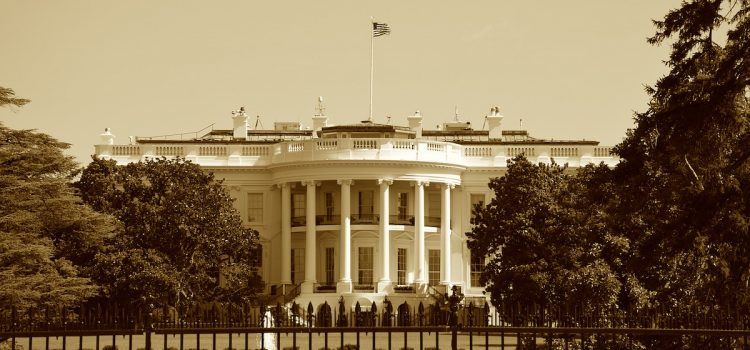What is YIMBY? What’s the frustration behind it, and what’s its goal? YIMBY (“Yes in My Back Yard”) is a social and political movement focused on affordable housing. A response to NIMBY (“Not in My Back Yard”), they demand reforms in policies and regulations that govern housing in large cities. Keep reading to learn about the YIMBY movement and its demands.
What Is YIMBY? Introducing the “Yes in My Back Yard” Movement










